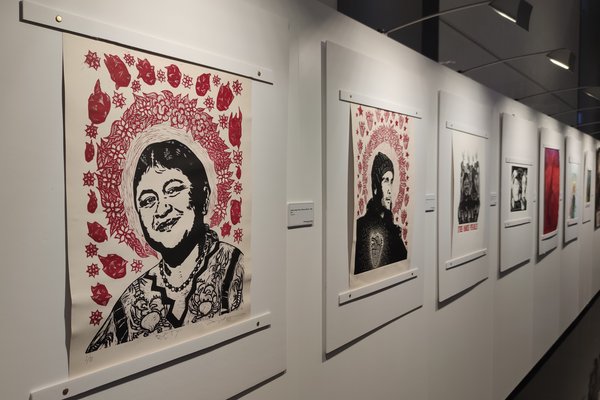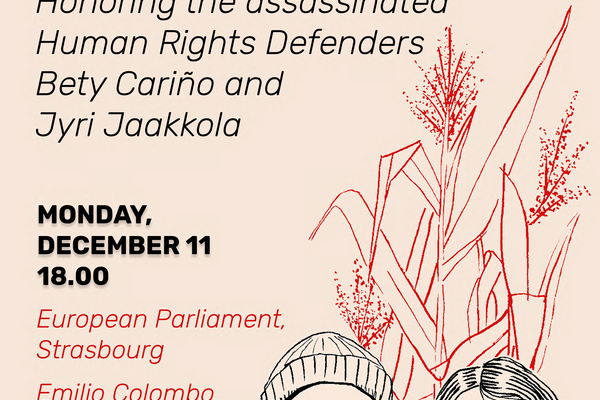Briefing: Member States must make relocation work

RELOCATION REPORT
Member States must make relocation work
The European Parliament approved today with a large majority a report by Ska Keller on the relocation of refugees from Italy and Greece to other Member States. The European Parliament calls on the Member States to fulfil their quota and make relocation work.
This briefing is available as a pdf in German and English.
Key demands of the European Parliament on relocation:
- Member States must live up to their commitment to take a fair share of responsibility for refugees and to relocate 160.000 asylum seekers from Greece and Italy to other Member States. It is disgraceful to see that, up to date, Member States have not even relocated 3% of the intended 160.000 asylum seekers.
- The relocation of refugees within the EU must not be sacrificed in favour of the EU-Turkey deal. Italy and in particular Greece are dependent on the support and solidarity of the other Member States. Greece continues to be overwhelmed by the large number of people seeking protection. The number of asylum seekers in Italy is still very high.
- Member States must instead increase safe and regular channels for refugees to get to Europe. They must greatly extend resettlement and schemes for the humanitarian admission of refugees from countries such as Turkey or Lebanon.
- Member States must make relocation work. They must make available one third of the total of 160,000 reallocation places by the end of the year. Procedures also need to be expedited.
- In addition to refugees from Syria and Eritrea, Afghan nationals seeking protection must also be included in the relocation programme. One in five asylum seekers in Greece is from Afghanistan. Many of them are children who are fleeing alone.
Background
Last year, at the peak of the so-called refugee crisis, the Council agreed to relocate 160.000 refugees from Greece and Italy to other Member States. Although the decision was contested by the Visegrad States (with Hungary holding a referendum on the issue on 2 October 2016), a clear majority of Member States was in favour to relocation.
Through the present Commission proposal, the Council, is planning to set aside one third (54,000) of the relocation places for the implementation of the EU-Turkey deal. According to the proposal, the places are to be directly channelled to the “one in, one out” (1:1) scheme established in the EU-Turkey deal. The scheme, which is the cornerstone of the deal and which violates fundamental rights, specifies that all Syrian refugees crossing into Greece from Turkey will be returned to Turkey, while, in return, the EU will accept the same number of Syrian refugees directly from Turkey through resettlement. When negotiating the EU-Turkey deal, Member States could not agree on making additional places available for refugees directly from Turkey. For this reason they now plan to make use of the 54,000 places originally intended for the relocation of refugees from Greece and Italy, to resettle Syrian refugees directly from Turkey as part of the deal.
In addition, Member States still fail to fulfil their relocation commitments. All Member States pledge far too little place. Some Member States (Austria, Hungary and Poland) have so far not received any refugee under the relocation scheme, others just a handful of people (Bulgaria, Czech Republic, Slovakia); even Germany, a core proponent of the relocation measure, has so far not even fulfilled 1% of its quota. The few Member States which perform somewhat better are France, Finland, the Netherlands and Portugal. Meanwhile, reception centres in Greece continue to be overcrowded.
Additional problems include: relocation procedures are painfully long, mainly due to excessive security checks; Afghan nationals do not fall under the relocation scheme although they are the third largest group of asylum seekers in Greece; hardly any unaccompanied minor refugee has been relocated so far.
The Commission publishes updated numbers on relocation per Member State here.





